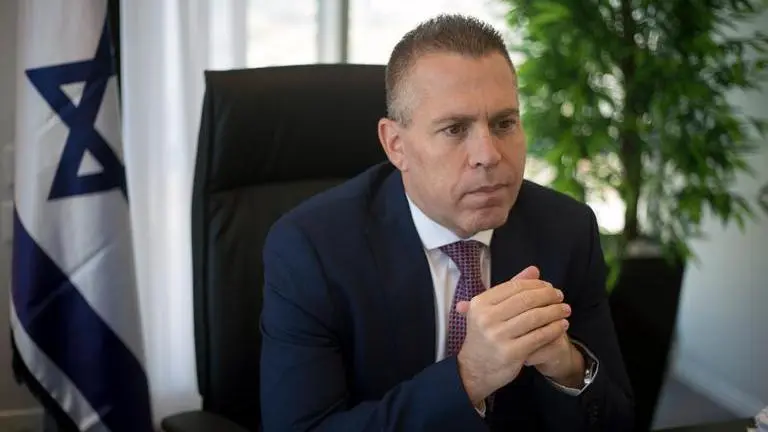Updated 27 September 2021 at 15:57 IST
US, allies looking for 'Plan B' to stop Iranian nuclear programme: Israeli Diplomat
Israel’s ambassador to the United Nations, Gilad Erdan said that US and its allies were increasingly considering a ‘Plan B’ to stop Iran’s nuclear programme.
- World News
- 2 min read

Israel’s ambassador to the United Nations Gilad Erdan, on Monday, said that the US and its allies were increasingly considering a ‘Plan B’ to stop Iran’s nuclear program, should talks fail. Asserting that the Islamic Republic’s refusal to comply with the 2015 JCPOA Act could alter the “whole picture”, the Jewish diplomat said that the signatories of the deal were talking more about a ‘Plan B’ than the much stalled diplomacy. Notably, American President Joe Biden had, in August, warned that he was ready to consider “other options” should negotiations fail.
“The international community and Americans are starting to talk to us more about a plan B on Iran,” Erdan told Army Radio. “In the past, the estimate was that there was an 80 percent chance it [Iran] would return to the [2015 nuclear] deal, today that has dropped to around 30%. If Iran doesn’t return [to the deal], this changes the whole picture for the world,” he added.
Earlier this month, security officials from both Israel and America held ‘US-Israel Strategic Consultative Group’ talks on the course of action to be followed should Tehran refuse to revive the deal, Times of Israel reported sans revealing the details of the discussions. As per the publication, while Israel pressed forward for an alternate course of options, the US touted the imposition of more sanctions on Iran. It is worth mentioning that under Donald Trump, White House slapped multiple sanctions on the Islamic Republic, which subsequently cripped the currency as well as its oil trade. Upon resuming office, Biden softened the stance by lifting some bans.
What is the JCPOA act?
The deal, signed in 2015 between Iran and other major world powers, including the United States, France, Britain, China, Russia, and Germany (P5+1), saw Washington lifting economic sanctions against Tehran and in return, the Islamic Republic agreed to bring down its uranium enrichment programme. However, Donald Trump withdrew the US from the pact in 2018, calling the structure of the deal "rotten". The Islamic Republic then retaliated by ending its compliance with the deal. As of now, six talks have been held in an attempt to revive the controversial nuclear pact, but despite US President Joe Biden vowing to resume the pact at the earliest, negotiations continue to be in a limbo.
Advertisement
Image: AP
Published By : Riya Baibhawi
Published On: 27 September 2021 at 15:57 IST
